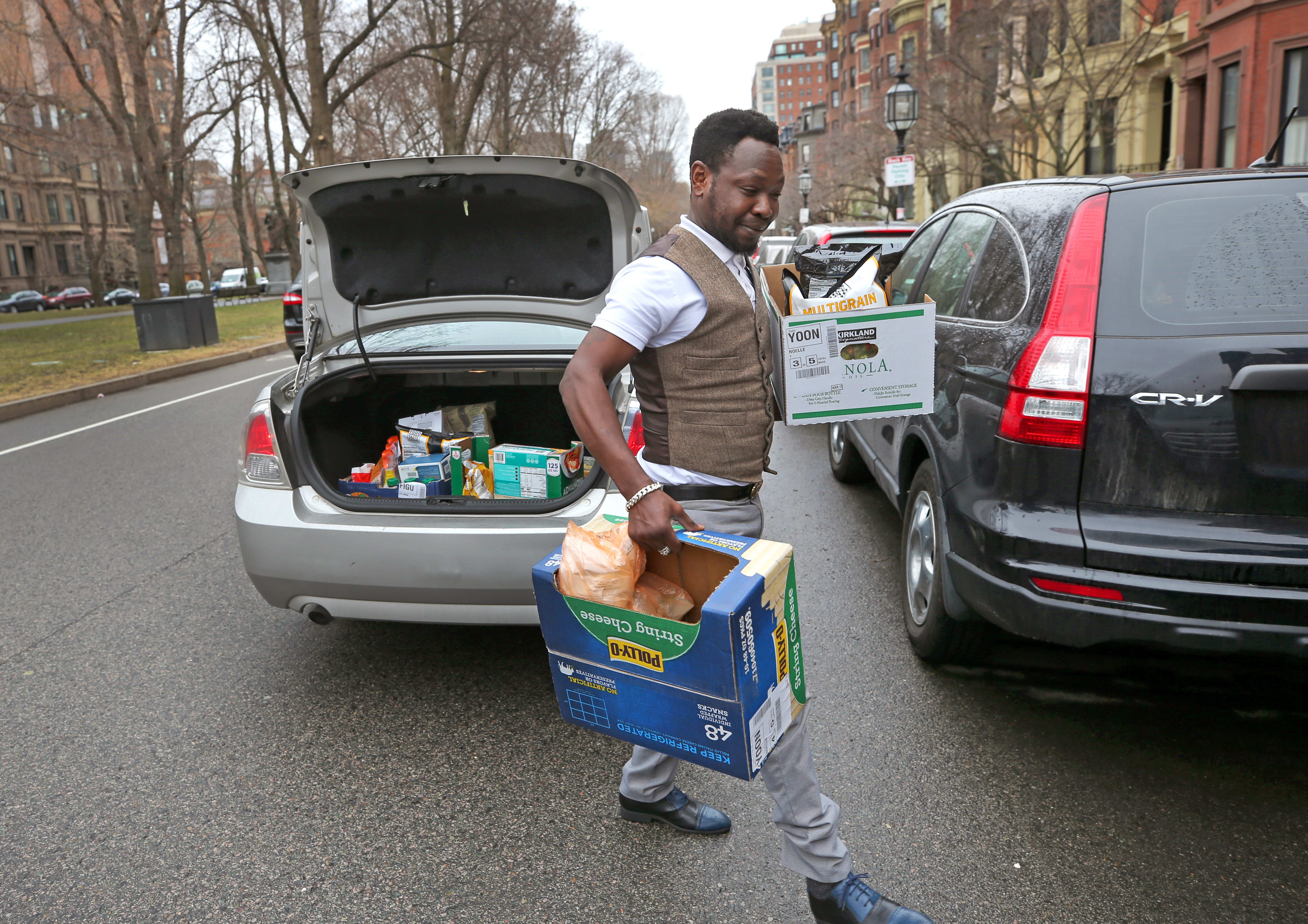
April retail sales are expected to have fallen by a record amount as Americans cut back spending on many nonessentials during the virus-related shutdowns.
Economists expect April sales plunged by 12.3%, compared to the previous record drop of 8.7% in March, according to Dow Jones. Excluding automobiles, sales are expected to decline by 9.6% month-over-month, compared to a 4.5% drop in March.
“I fear this being a very large decline, probably down minus 12% to minus 15% month-over-month,” said James Knightley, chief international economist at ING. “That would be consistent with some of the other indicators. We’re looking for a 45% annualized decline.”
Friday’s retail sales report, released at 8:30 a.m. ET, is expected to be one of the most important economic releases to reflect consumer activity for the full month of April, when most states were shutdown for the majority of the month. The April employment report painted a gloomy picture with 20.5 million jobs lost, and an unemployment rate of 14.7%.
The economy’s recovery is very much dependent on the consumer, since this is the first recession ever led by the services sector. Consumers, in turn, depend on companies to keep most of those layoffs as temporary furloughs rather than layoffs.
Consumer spending accounts for around 70% of gross domestic product, and economists expect a contraction in second quarter gross domestic product of 30% or more. The retail sales data makes up about 29% of GDP, and a drop of 12% in April retail sales on top of the March decline would subtract 6 percentage points from nominal GDP, Knightly said.
Economists expect the April retail sales report to reflect the strange conditions of life in America, as most of the country was shutdown. Consumers stopped going to work. Nobody went to school, or malls or sporting events. Many restaurants were shut but those that were open served only takeout. Consumers drove less so they didn’t visit gas stations often, and few bought cars or furniture.
But people did buy groceries and health care products and shopped online. Economists expect some of the trends to be similar to those in the March report, but during March, states were shut down for only about half the month. In April, some states began to reopen toward the end of the month.
In March, sales at food and beverage stores surged 25.6% and online shopping rose by 3.1%. In March, Americans hoarded toilet paper and groceries, and they also held onto their cash, sending the savings rate to a 45 year high of 13.1%.
Cortera, which tracks business-to-business spending, said those type of sales were down 7% overall in April over a year ago. The sales in particular sectors would mimic some consumer behavior since many businesses ultimately cater to consumers.
In March, the Cortera spending data on $1.5 trillion in business-to-business transactions contained accurate clues about the retail sales categories that are also in the monthly retail sales report, according to Mark Zandi, chief economist at Moody’s Analytics.
For April, Cortera reports that the clothing stores it tracks nationwide spent 46% less than last year. That category is expected to be particularly hard hit, and in April major retailers J. Crew and Neiman Marcus filed for bankruptcy.
Cortera said food and beverage stores increased spending by 20% over a year ago. but smaller food stores it tracks cut back spending by about 10%. Restaurant spending was down 45% over last year. Spending by big online retailers was up 22% in April, and overall spending by general merchandise stores, like Target, rose 6% from a year ago, Cortera said.
An area where spending soared was in technology, and Cortera said information technology spending was up 200% from last April. That would have reflected companies helping employees work from home as well as stocking some consumer purchases. The category, also up sharply in March, includes everything from laptops to cabling and services.
One area of firmness for retailers may have been home and garden spending which Zandi said was flat in the Cortera data from last year.
With massive job losses, the consumer is in shock but the state reopenings could change the picture in May. April’s jobs report showed the loss of 20.5 million jobs, and nearly four in five people surveyed by the government viewed their layoffs as temporary .
“We are going to see the reopenings gather momentum across states this month,” said Knightley. That should be a positive, but it’s unclear how some businesses will fare.
“I’m concerned that it’s just not economically viable to open some restaurants,” said Knightley, noting the requirements of social distancing could restrict business too much for some small stores and restaurants to be profitable.
“Until you have a vaccine, you’re going to have this reluctance for people to return to what we all called normal behavior and normal spending habits,” he said.
Zandi said without unemployment benefits and federal virus aid spending, sales could have been worse.
“One thing that is cushioning the blow is all of the fiscal rescue money coming to households. If you add up the stimulus checks, the unemployment and other support, it nearly washes out the lost income from unemployment and lost hours,” he said. “The hit to the consumer has been cushioned significantly by the rescue package. We’re blowing through it fast. There was $2.9 trillion in rescue money and we already spent half of it. By July 4, it will be largely gone.”
